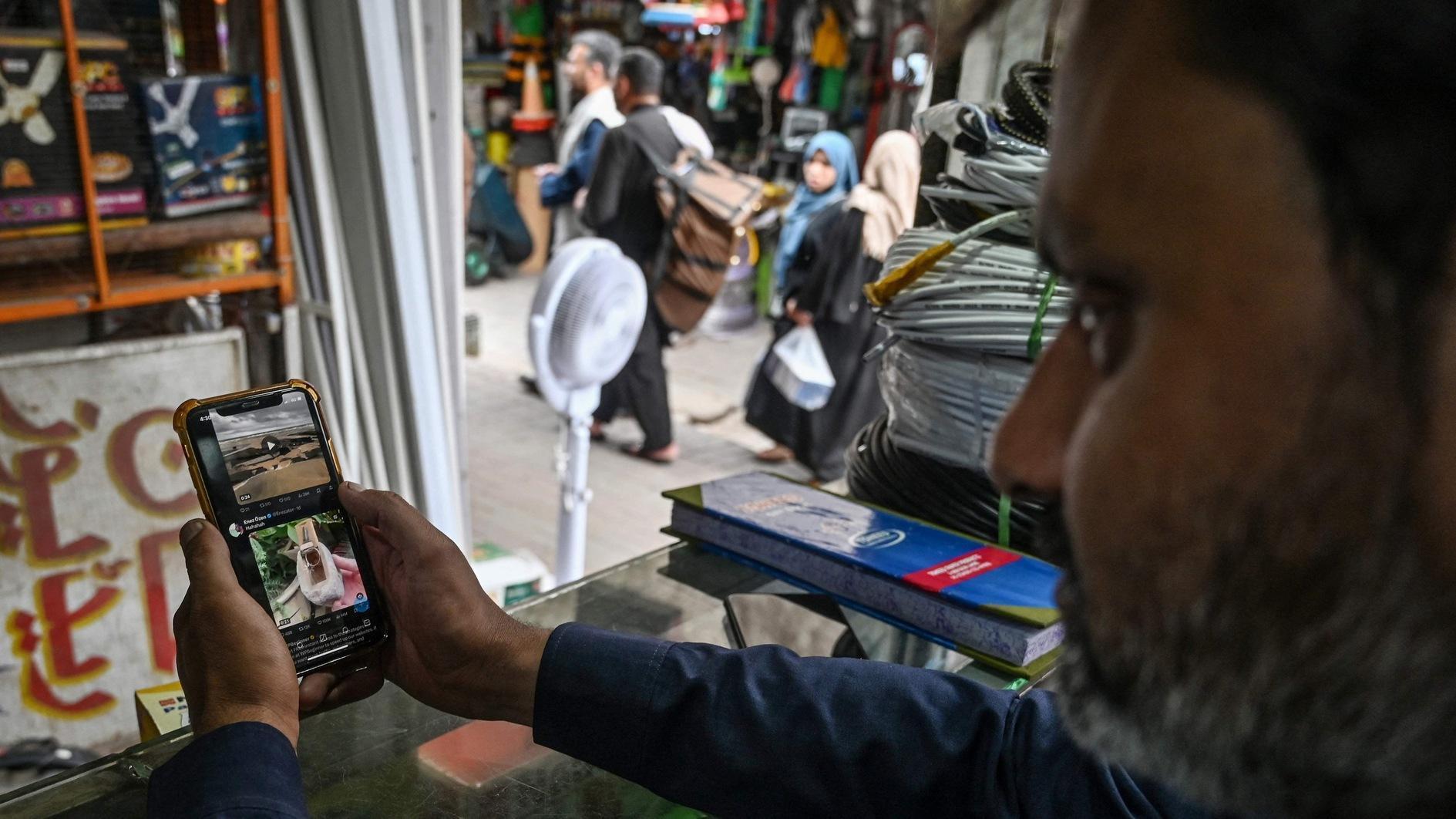Saying goodbye to Ali Babacan
Deputy Prime Minister Ali Babacan, who entered the 58th government in 2002 as the youngest cabinet member and sat at the seat of state minister responsible of economy at the age of 38, has been replaced by Cevdet Yılmaz, who was the minister for development.
I found the occasion to listen to Babacan, who has continued his responsibility for 13 years in five governments, for the first time in the 2002 Davos World Economic Forum.
I recall his speech on Turkey’s economy was nearly identical to the speech delivered by Kemal Derviş in the previous year at the same place.
Babacan became the most influential name to represent Turkey in Davos uninterrupted for the years following 2002.
Babacan was the irreplaceable name of the European Union panels in Davos in the years when hopes for Turkey’s accession to the bloc were still alive.
He is a name trusted by international finance circles, foreign business people as well as foreign politicians.
When I went to Sydney for the meetings of finance ministers and central banks governors during Australia’s G-20 presidency, I recall how General Secretary of OECD Angel Gurria talked of Babacan with praise.
Similarly, Timothy Adams, the head of the International Finance Institute who visited İstanbul during Turkey’s G-20 presidency, had said he had known Babacan for many years and added that that “the G-20 is among well-deserved hands and Ali Babacan is an important name as far as credibility and trust is concerned.”
G-20’s veteran politician leaves before Turkey’s presidency ends
Before Turkey’s G-20 presidency ended, Babacan, the “G-20’s most veteran politician” (in his own words), was replaced by a name that international finance and business circles are not familiar with.
And this happens just at a time when more than a thousand business people from 60 countries will gather with finance ministers as well as central bank governors for a B20 meeting in Ankara September 3-5.
The B20 meeting is important, especially these days when business world and the markets are anxious due to negative signs coming from China, the engine of the global economy.
I observe with great astonishment the fact the media has not shown a lot of attention to the 2-day meeting, which will be attended by Christine Lagarde, the head of the IMF.
Yet, during Australia’s presidency, the G-20 was the most important point of interest for local media and the Australian government had invited a group of foreign media, which I was included in, to the finance ministers’ and central bank governors’ meeting in Sydney.
Unfortunately, Turkey has missed an important chance of promotion at an important event like G-20, as Turkey has attracted the international media’s attention with issues like its government crisis, terror events and refugee crisis.
In addition, Turkey has not focused properly on issues that it promised it will prioritize, like corruption, employment and support to SMEs.
We will see what Turkey will do as G-20 president with Yılmaz at its helm.











